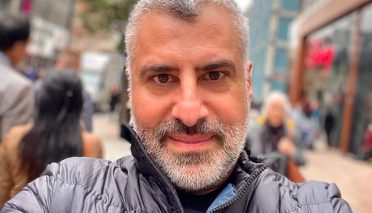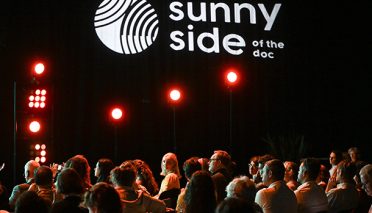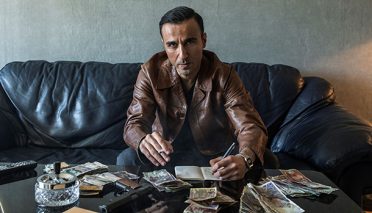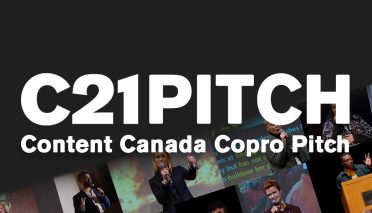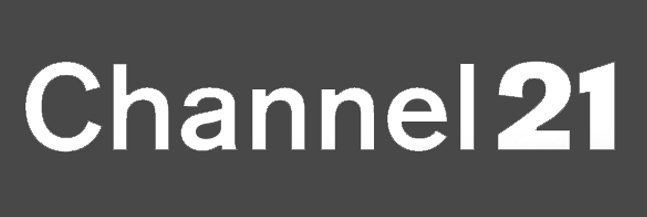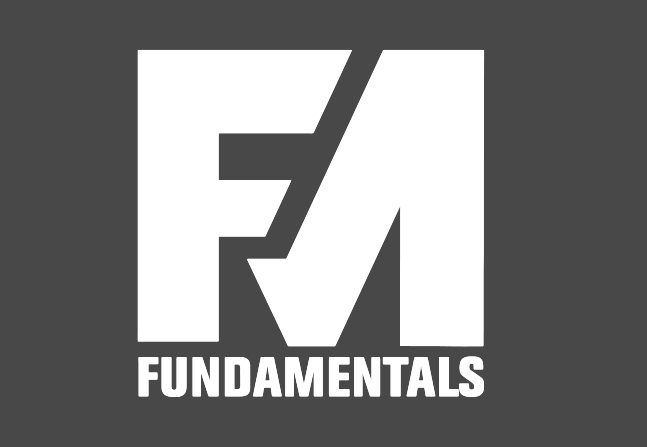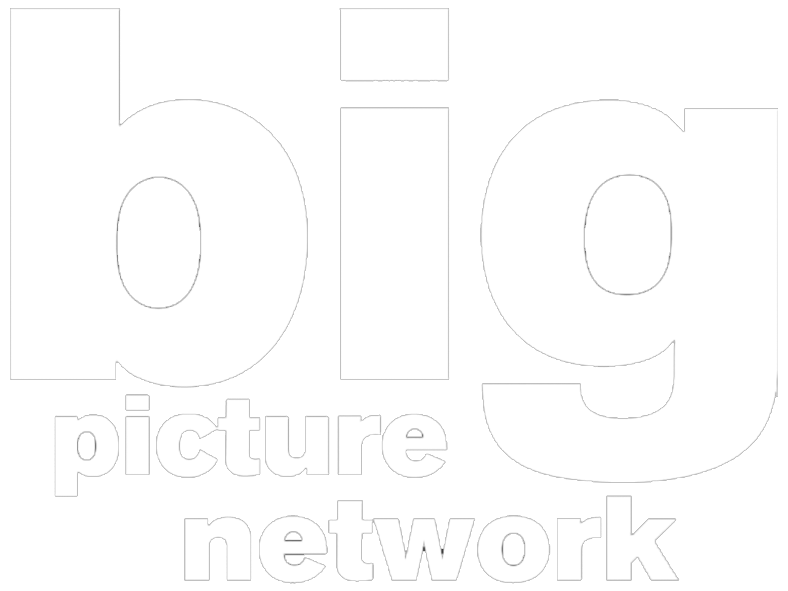 Michael Iskas, once of The Story Lab and Antenna Studios, is back with a new unscripted venture along with Greek TV personality Sakis Tanimanidis, and is confident his new business plan is a recipe for success in these troubled times.
Michael Iskas, once of The Story Lab and Antenna Studios, is back with a new unscripted venture along with Greek TV personality Sakis Tanimanidis, and is confident his new business plan is a recipe for success in these troubled times.
The new year brought a new venture for former Story Lab and Antenna Studios boss Michael Iskas.
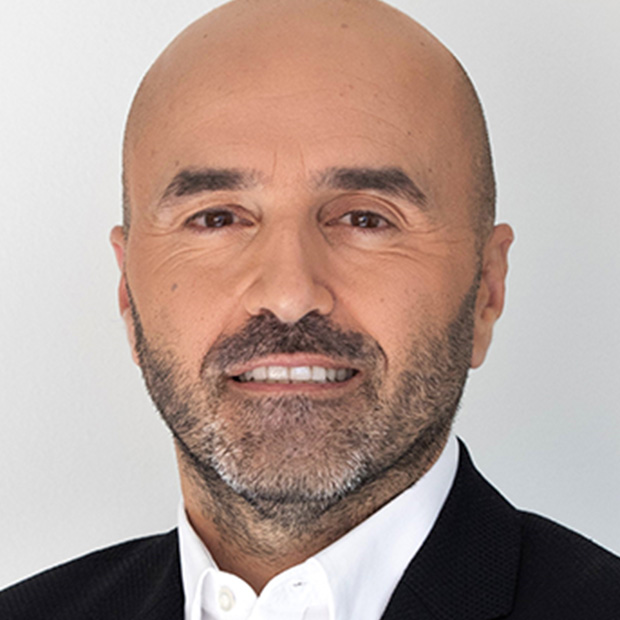
Michael Iskas
Better Known Entertainment, based in Athens and focused on unscripted shows, was launched by Iskas along with international entrepreneur, producer and TV personality Sakis Tanimanidis. The two had worked together to bring a Greek version of Dragons’ Den to screen in Iskas’ previous role as CEO of Greece’s Antenna Studios – which he departed in September last year.
Some might describe launching a new indie prodco in the current economic climate as somewhere between optimistic and downright mad, but Iskas believes the content industry’s current woes make it ripe for disruption by new, nimble players with more innovative ideas around financing.
“The end of peak TV is actually good for smaller indies like us in that have very specific aims, and are focused on positive entertainment, factual entertainment and documentaries that can travel internationally,” he explains.
“Difficult times are always opportunities for somebody. If you’re starting a new company when all the buyers and marketplaces are demanding shows and productions that cost between US$10m and US$15m an episode, then it’s very difficult to compete with established players in that market – they become the gatekeepers.
“It’s much easier to test, take risks and experiment when the marketplace is disrupted; if you can go with a product that is more cost-effective, with different ways of financing, and ideas worth taking a chance on. Disruption means opportunity; I am sure we will see some great shows come out of this.”
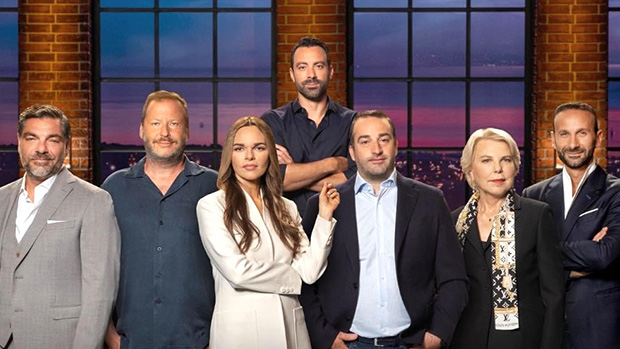
Better Known is casting for a third season of Dragons’ Den in Greece
Founded by Iskas and Tanimanidis, the new company is aiming to create and scale shows that have a positive impact on society while resonating with local and international audiences, media and businesses.
Iskas joined Antenna, which operates Greek commercial network ANT1, SVoD platform Ant1+ and a host of pay TV channels across Central and Eastern Europe, in mid-2021 to lead an original content push in its then fledgling Greece-based studios division.
Antenna Studios has since gone on to produce a slate of 20 TV shows in various genres, including scripted projects Save Me (currently the second most watched show on Netflix Greece), On All Fours and I Am Jo. He previously spent more than six years at The Story Lab, which he launched in 2015 as part of global media and advertising giant Dentsu. Headquartered in London, The Story Lab was responsible for developing, producing and distributing programming including The Cost of Winning (HBO), Game of Clones (E4), Ninja Warrior (TBS) and The Coldest Game (Netflix).
Better Known will focus very much on unscripted, entertainment formats, and for good reason.
“There is a lot of demand now from TV channels in Greece and the wider area for more cost-effective shows, cheaper than fiction or what used to be the status quo when people were going for much more expensive drama,” Iskas says.
“Scripted is more difficult. You are required to raise a much higher amount of finance to compete with international dramas. You’re not competing against the other TV channels and their soap operas; you’re competing for an audience that can choose between The Crown or The Gentlemen on Netflix or your Greek drama.

The Big Job Switch is a play on Greek’s aspirations in a tough socio-political landscape
“To compete and win you must raise much more finance. Maybe two or three years ago the willingness was there because everybody was on that hype, but there will be an abundance of need for content and the situation is no longer like this. We took the conscious decision not to prioritise scripted drama in our first year of existence. We’ll perhaps revisit that in year two.”
Better Known is already casting for a third season of Dragons’ Den in Greece and pitching formats like The Big Job Switch, which it acquired from Belgian distributor Be Entertainment after it originally aired on VTM, and classic reality format Undercover Boss, which it picked up from All3Media’s catalogue.
Pilots are also in the works on its own original shows that Iskas hopes will make Better Known better known around the world. The theme of the projects so far is “factual entertainment with a positive outcome”.
Iskas explains: “We obviously want to entertain with everything we do otherwise we wouldn’t be in the business but there is another layer – attracting audience attention and inspiring them to improve their world. The reason we started with Dragons’ Den in Greece is because we knew society and the country needed an entrepreneurial boost. We wanted to inspire the younger generation to go and build and innovate businesses.
“The reason we went for The Big Job Switch is we also know there are people in jobs they don’t like. The unemployment rate is not good and people are afraid to resign, switch and follow dreams. We identified that format because at this given moment in time in this socio-political landscape it would inspire people to do jobs they actually want to do. Undercover Boss also has a positive outcome from the perspective of the business owners and CEOs.
“When I say ‘positive outcome’ I mean to entertain always but also inspire people to improve their world and do something about it. The reaction from free-to-air TV channels has been very positive and it’s much easier to raise finance for shows with meaning and a wider purpose than to raise money for things that don’t have this bigger more cultural outcome.”
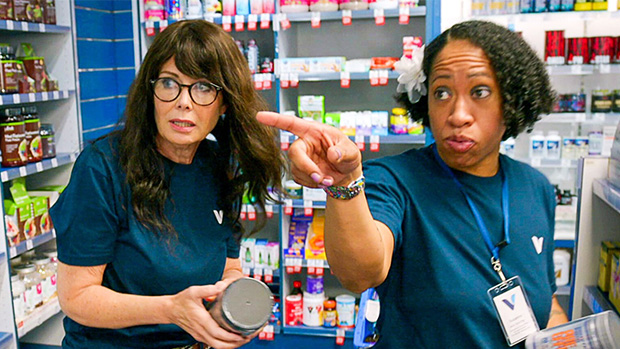
Undercover Boss has had a positive response from business owners and CEOs
The focus on unscripted over drama, talk of positive social outcomes and constant references to the need to raise additional, external finance all point to a similar picture in Greek TV as elsewhere across Europe and the North America – TV channels struggling to grapple with a digital-focused 2024 advertising economy just as inflation drives the costs of making shows ever higher.
“It’s very difficult to be in the TV channel business in Greece because, similar to everywhere, the advertisers are shifting money to Google, Facebook, TikTok etc while the cost of production is getting much more expensive,” he says. “You also have five major TV channels competing for market share where the difference between number one and number five is maybe 2% audience share – 13% is the most, 10% is the least. When you can’t be a clear leader it’s very challenging.
“From last year to this, the amount of fiction will decline by 50%, which is a tremendous decrease because the numbers simply don’t add up. The money is going back into factual entertainment. The desire for big shiny floor shows is not there. Everybody feels they’re expensive and not guaranteed to deliver numbers they would have five years ago with shows like The Voice or The X Factor. There is a willingness to experiment with travel shows, fact ent, social experiment…”
There is a key caveat to even that, however: “As long as it comes at the right price point.” This is where the ‘alternative funding’ element of Better Known’s business plan comes in.
“Everybody is extremely conservative and waiting to see how things play out in the next few months. As a producer you can try to get shows over the line with finance from other sources, which is much more achievable with fact ent than, say, a period drama,” Iskas says.
“Brands are definitely now a major source of financing shows. The way it happens traditionally is them buying advertising space on the TV channel where the show appears, so they already finance them indirectly. What I used to do at The Story Lab was get that money to go straight into production rather than the brand indirectly funding through ad revenue.
“That’s the model we’re working on – getting major brands and agencies involved in the finance of the show from the beginning – minimising the risk for the channel and the production company, and raising finance from institutions, government or the private sector, as long as the topic of the show is relevant to them and they want to be associated with it.
“It does involve more work, it’s not as easy as it was in the past when a commissioner greenlights a show and you start filming the following day. You do need to realise the leap of faith you’re asking a commissioner to take so you need to go to them with a great show, with a budget that makes sense, with some advertisers attached, some institutions attached, some talent attached. Then you try to minimse the leap of faith to the point they take the step.”
Partnering with Tanimanidis is part of that plan. One of Greece’s better-known presenters, he has fronted the local version of Survivor when it used to record ridiculous 75% audience shares for Skai TV. He’s also produced his own series for Greek primetime. Arriving with that sort of talent attached to projects further de-risks them for commissioners.
“Sakis is a big talent and I saw it working so well in US and UK so when we were filming The Cost of Winning with Michael Strahan’s company SMAC Entertainment with him as the producer,” Iskas says. “In the UK when you work with somebody like Graham Norton’s company, and the production company has that major talent attached to it, it changes the conversations.
“People want buzzworthy factual entertainment that will generate a lot of noise and also have a positive outcome. They want shows that can attract finance from different aspects, so the broadcaster doesn’t take the full risk and there is money coming in from institutions, advertisers and brands and there are different way so of monetising this. We launched at the right time.”





